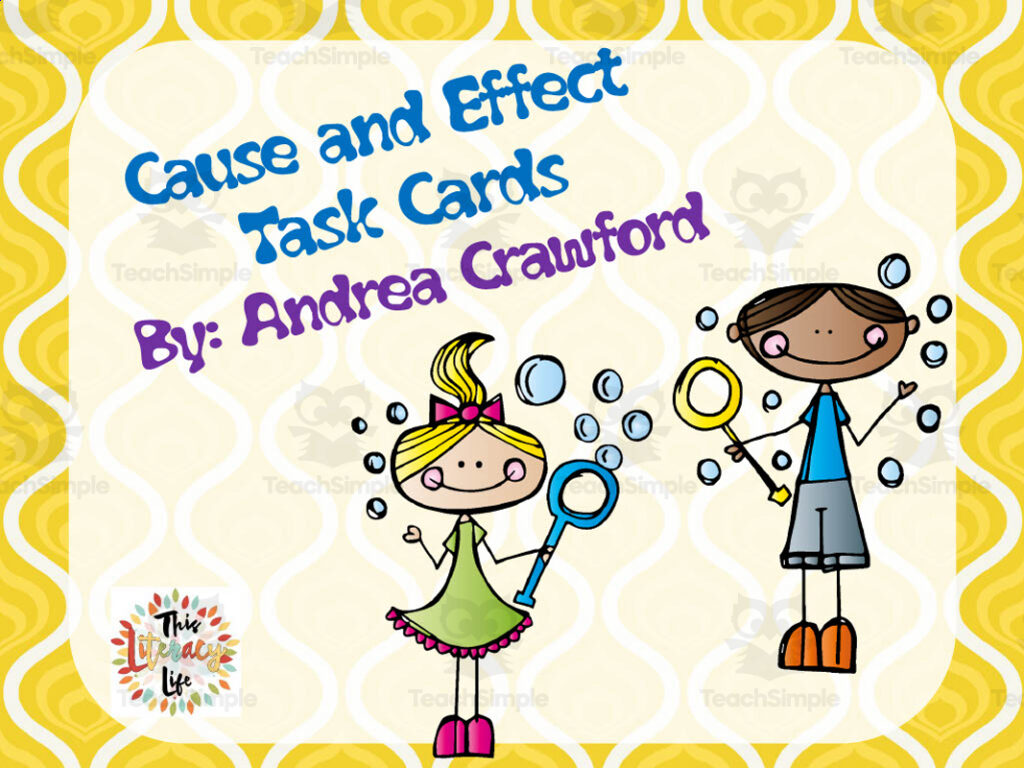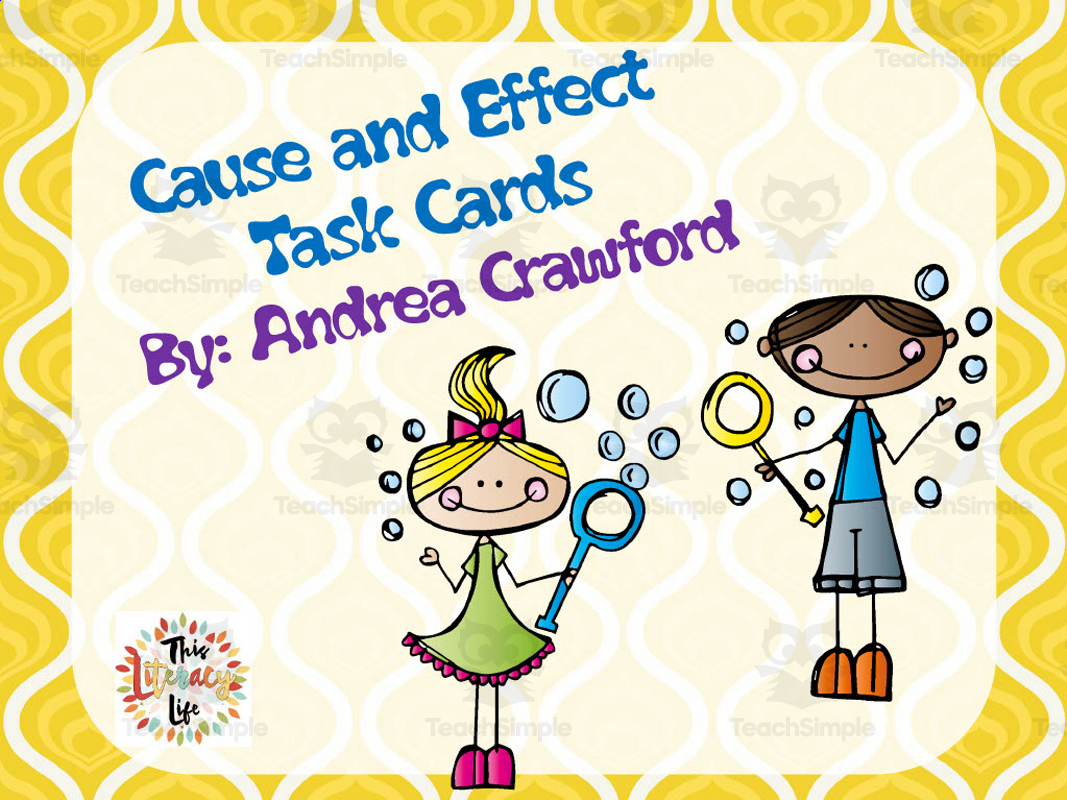
Unraveling the Web: Exploring Quotes, Cause, and Effect in a Complex World
The world operates on a fundamental principle: cause and effect. Every action, every statement, every event, triggers a chain reaction, leading to consequences, both foreseen and unforeseen. This principle is especially evident when we examine the power of quotes. Quotes, often short, impactful statements, can serve as potent catalysts, initiating a ripple effect across individuals, communities, and even entire societies. This article will delve into the intricate relationship between quotes, cause, and effect, exploring how powerful words shape our world.
The significance of quotes, cause, and effect transcends mere academic interest. Understanding this relationship is crucial for navigating the complexities of the modern world. It allows us to analyze the impact of influential figures, understand the motivations behind actions, and ultimately, predict (to a certain extent) the potential consequences of our own words and deeds. Furthermore, recognizing the cause and effect relationship inherent in quotes empowers us to critically evaluate information, identify biases, and make informed decisions.
The Power of Words: Quotes as Agents of Change
Quotes are more than just collections of words; they are potent tools capable of inspiring action, igniting debate, and shaping perceptions. Their brevity and memorable nature make them easily disseminated, allowing them to quickly spread across various platforms and reach a wide audience. This rapid dissemination is key to understanding the cause and effect relationship. A single well-crafted quote can act as a spark, igniting a fire of change.
Consider the impact of Martin Luther King Jr.’s “I have a dream” speech. The quote, a powerful articulation of a vision for equality, served as a rallying cry for the civil rights movement, influencing legislation, and fundamentally altering the social landscape of the United States. The cause: King’s eloquent quote. The effect: a significant shift towards racial equality. This demonstrates the direct cause and effect relationship at play. The quote, a carefully constructed message, became the cause, and the advancements in civil rights became the effect.
Similarly, consider the impact of a quote attributed to Mahatma Gandhi: “Be the change that you wish to see in the world.” This quote encourages individual responsibility and action, inspiring countless people to take initiative within their communities. The cause: the quote‘s call to action. The effect: a global movement of individuals striving to make a positive impact.
Analyzing the Cause: Understanding the Context of Quotes
To fully grasp the cause and effect relationship of a quote, it’s essential to understand its context. This involves considering the speaker, the audience, the historical period, and the specific circumstances surrounding the quote‘s utterance. Ignoring the context can lead to misinterpretations and a distorted understanding of the intended meaning and potential effects.
For instance, a quote from a political leader, when taken out of context, can be easily manipulated to support a particular agenda. The speaker’s motivations, the political climate, and the specific issues being addressed all play a crucial role in understanding the cause behind the quote and its potential effects. Failing to analyze these contextual factors can lead to a superficial understanding of the cause and effect dynamics at play.
Furthermore, the intended audience of a quote also influences its effect. A quote aimed at inspiring a specific group of people will likely have a different impact than one intended for a broader audience. The cause, in this case, is not just the quote itself, but also the strategic intent of the speaker to influence a particular segment of society.
The Ripple Effect: Mapping the Consequences of Quotes
The effects of a quote can be far-reaching and complex, creating a ripple effect that extends beyond the immediate response. Understanding this ripple effect requires careful consideration of the various consequences that might arise. This is where the study of cause and effect becomes critical.
For example, a quote promoting a specific ideology can inspire people to take action, leading to both positive and negative effects. The cause: the quote. The effects: increased support for the ideology, potential social unrest, and possible shifts in political power. Analyzing these effects requires a nuanced understanding of the social, political, and economic factors at play.
Moreover, the effects of a quote can be cumulative. A series of quotes, building on each other, can create a powerful narrative that shapes public opinion and influences behavior. This highlights the importance of critically evaluating information and recognizing the potential cause and effect relationships within the narrative.
Social media has amplified the ripple effect of quotes. A quote can go viral in a matter of hours, reaching millions of people and sparking immediate reactions. This rapid dissemination necessitates a heightened awareness of the potential cause and effect implications. Understanding how a quote can be distorted, misinterpreted, or even weaponized is essential in the modern digital landscape.
Case Studies: Examining Quotes in Action
Let’s examine some specific examples to illustrate the cause and effect relationship:
- “The only thing we have to fear is fear itself.” – Franklin D. Roosevelt.
- “Ask not what your country can do for you—ask what you can do for your country.” – John F. Kennedy.
- “Darkness cannot drive out darkness: only light can do that. Hate cannot drive out hate: only love can do that.” – Martin Luther King Jr.
Cause: Roosevelt’s quote, delivered during the Great Depression. Effect: A boost in public morale, fostering a sense of unity and resilience during a time of economic hardship.
Cause: Kennedy’s call to civic duty. Effect: Inspiring a generation to volunteer and serve their communities, contributing to a sense of national purpose.
Cause: King’s philosophy of nonviolent resistance. Effect: Inspiring countless individuals to embrace peace and understanding as a means of resolving conflict.
These examples demonstrate how powerful quotes, acting as the cause, have generated significant effects, ranging from bolstering national spirit to promoting social change. They highlight the importance of carefully considering the context, the intended audience, and the potential ripple effects when analyzing the impact of any quote.
The Responsibility of Communication: Understanding the Ethical Implications
The power of quotes also comes with responsibility. Those who use quotes, whether as speakers, writers, or disseminators, have an ethical obligation to ensure accuracy, context, and responsible use. Misrepresenting a quote, taking it out of context, or using it to promote misinformation can have serious consequences, creating a negative cause and effect cycle.
Furthermore, it is crucial to be aware of the potential for manipulation. Quotes can be used to justify violence, incite hatred, or promote discrimination. This underscores the importance of critical thinking, media literacy, and the ability to discern truth from falsehood. Recognizing the cause and effect relationships at play is essential for navigating this complex ethical landscape.
Ultimately, the ethical implications of using quotes highlight the profound responsibility that comes with the power of words. By understanding the potential cause and effect relationships, we can use quotes responsibly, promoting understanding, empathy, and positive change.
Conclusion: Harnessing the Power of Words
The relationship between quotes, cause, and effect is a fundamental aspect of human communication and societal development. Quotes, as concise and memorable expressions, can trigger a cascade of effects, shaping opinions, influencing actions, and driving change. Understanding this relationship is crucial for navigating the complexities of the modern world.
By analyzing the context of quotes, recognizing the potential ripple effects, and embracing ethical communication, we can harness the power of words for good. The ability to critically evaluate quotes, identify biases, and understand the cause and effect dynamics empowers us to become more informed citizens, more effective communicators, and agents of positive change. The study of quotes, cause, and effect is not just an academic exercise; it’s a vital skill for navigating the ever-evolving landscape of ideas and information.
The next time you encounter a quote, take a moment to consider its origin, its intended audience, and its potential effects. By doing so, you can gain a deeper understanding of the world around you and the power of words to shape it. The impact of quotes, their cause and effect, will continue to be felt for generations to come.
[See also: The Power of Persuasion: How Rhetoric Shapes Our World]
[See also: The Echo Chamber Effect: How Social Media Shapes Our Reality]
[See also: The Art of Deception: Analyzing Propaganda and its Effects]


